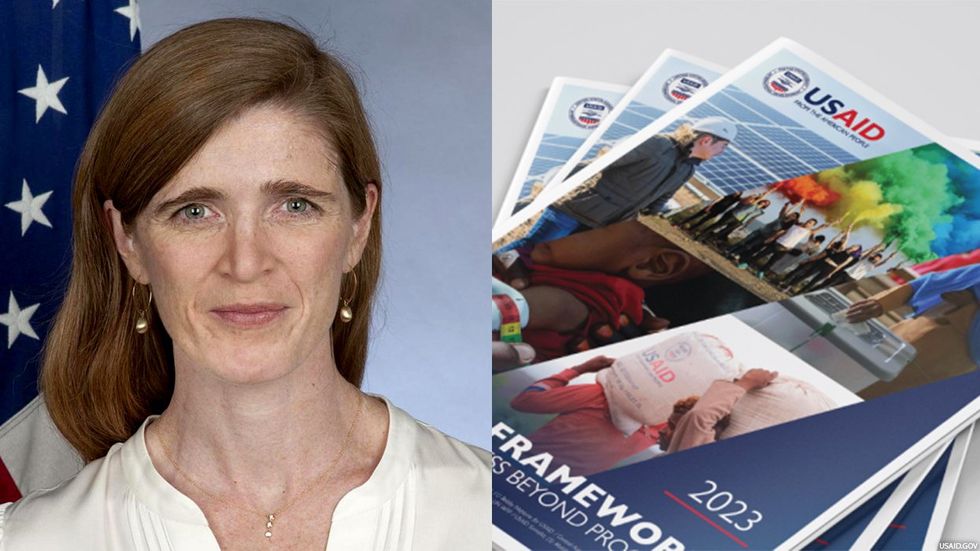The United States Agency for International Development (USAID) announced on Wednesday its first-ever LGBTQI+ inclusive development policy, which will guide the agency’s inclusion of LGBTQ+ rights support in its programming.
“The Policy outlines overarching USAID principles and objectives for LGBTQI+ inclusive development programs and activities as part of a coordinated Agency priority, and advances USAID’s commitment to supporting protection, inclusion, and human rights for all so that LGBTQI+ individuals are able to live with dignity and free from all forms of violence, discrimination, stigma, and criminalization,” the agency said in a press release.
USAID said that LGBTQ-inclusive development that is locally led helps strengthen livelihoods, economies, and democracies. It’ll serve as a blueprint for bringing queer individuals into the agency’s work on the ground.
It’ll accomplish this, the release explained, by supporting programmatic approaches that are localized, using USAID’s development diplomacy to push for LGBTQ+ inclusion in its work, using data to sustain its commitment to LGBTQ-inclusive initiatives, and improving the agency’s response to crises that affect LGBTQ+ people.
USAID, in the new policy seen by The Advocate, defines "inclusive development" as "an equitable development approach built on the understanding that every individual and community, of all diverse identities and experiences, is instrumental in the transformation of their own societies."
The new policy will retire a previous action from 2014 on supporting LGBTQ-inclusive development.
In June, USAID Administrator Samantha Power spoke at the Atlantic Council about USAID's support of LGBTQ+ rights within its development work. She said that recent anti-democratic movements across the world have put marginalized groups in precarious situations.
"What we see is attacks on minorities, generally — sometimes religious minorities, sometimes LGBTQI+ communities — are often the canary in the coal mine about a broader set of measures and a broader kind of consolidation of power away from the people," Power said.















































































